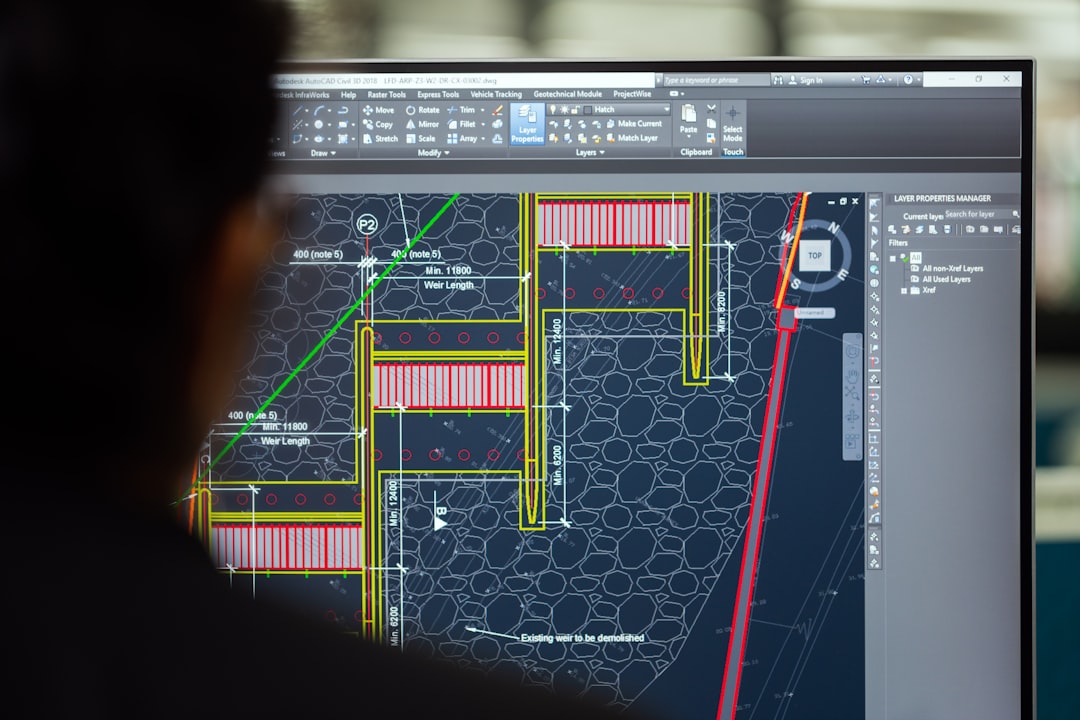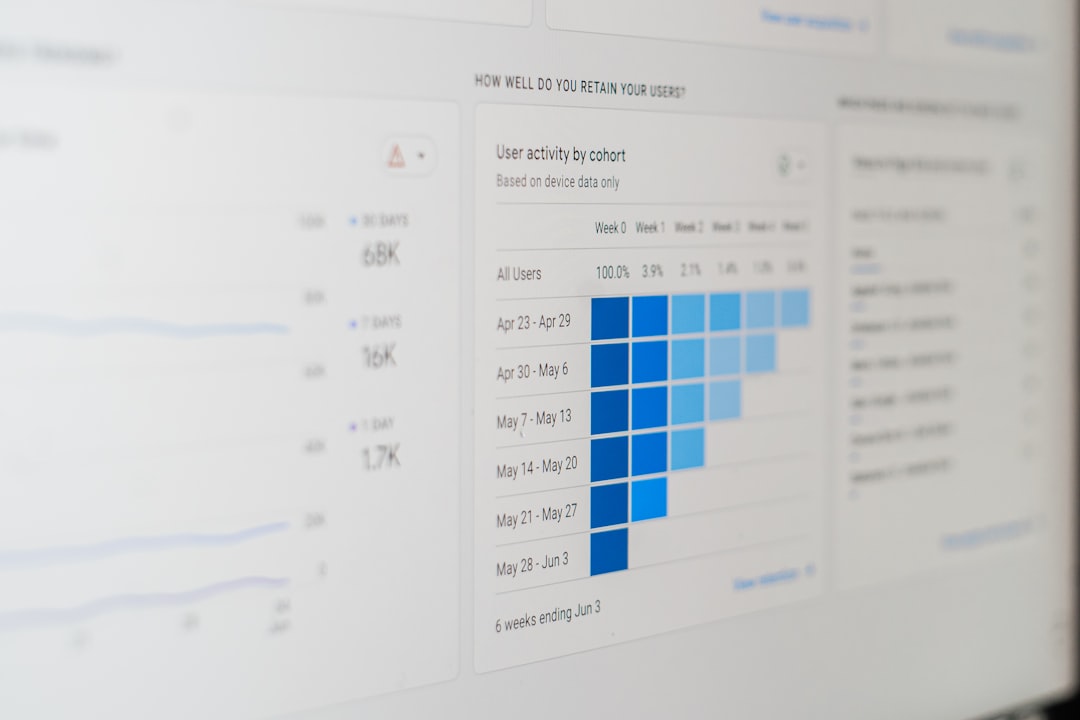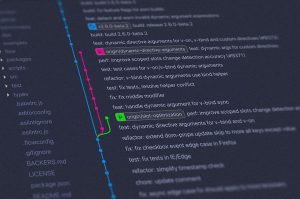How HR Software is Revolutionizing Workforce Management in 2025
3 min read
Human Resources departments have always been the backbone of any organization, playing a crucial role in hiring, onboarding, payroll, and employee engagement. But in 2025, HR is no longer just about filing paperwork and conducting annual reviews. Thanks to cutting-edge HR software, the function has transformed dramatically. The integration of advanced technologies has revolutionized how companies manage their workforce, making HR more strategic, data-driven, and employee-focused than ever before.
Modern HR software has evolved into sophisticated platforms that utilize artificial intelligence (AI), machine learning (ML), and cloud-based solutions to simplify and automate various processes. These tools are no longer luxuries but necessities, especially for companies looking to stay competitive in a fast-paced digital landscape.
The Rise of AI and Automation in HR
One of the most groundbreaking shifts in HR management has been the adoption of AI-powered tools. Whether it’s scanning thousands of resumes for the perfect candidate or predicting employee turnover, AI is changing the game. In 2025, most HR platforms offer features like:
- Automated talent acquisition – AI algorithms can screen, score, and even interview candidates, saving HR teams countless hours.
- Predictive analytics – These tools analyze employee behavior and engagement to forecast issues such as burnout or attrition.
- Chatbots for HR support – Virtual assistants are now handling routine employee queries about leave policies, payroll, and benefits 24/7.

By removing repetitive tasks, HR professionals can now focus more on strategic functions such as culture-building, conflict resolution, and leadership development, driving long-term organizational success.
Personalized Employee Experiences
In 2025, workforce management isn’t just about keeping things running—it’s about optimizing employee experiences. New HR software tools offer employees highly personalized services, including:
- Customized onboarding journeys based on job roles, experience levels, and locations.
- Self-service portals where employees can manage their own benefits, track performance goals, and apply for internal roles.
- Adaptive learning platforms that recommend training based on performance reviews and career goals.
This high degree of personalization not only boosts morale but also enhances productivity and reduces friction between employees and HR departments.
Data-Driven Decision Making
Another significant benefit of modern HR database management software is the centralization and analysis of HR data. Platforms now provide real-time dashboards and insights that help managers and executives make informed decisions. For example, they can:
- Identify top performers across departments and replicate their success models.
- Spot diversity and inclusion gaps to address biases in hiring or promotions.
- Monitor employee engagement trends and take proactive measures to improve morale.
With powerful data at their fingertips, companies are better positioned to align HR initiatives with broader organizational goals.

Flexibility and Remote Work Support
The shift to remote and hybrid work models—accelerated by the global events of the early 2020s—continues to influence HR software development in 2025. Today’s platforms support:
- Virtual onboarding and training modules for distributed teams.
- Time zone-aware scheduling tools to coordinate meetings and deadlines.
- Cloud-based collaboration and communication features to keep teams engaged, regardless of location.
HR software ensures that even global and decentralized teams feel connected and supported, preserving company culture in digital environments.
Compliance and Security Enhancements
With increasing regulations and heightened concerns over data privacy, modern HR software now includes robust compliance management features. In 2025, platforms automatically update policies, issue alerts for regulatory changes, and maintain secure records that meet international privacy laws such as GDPR and CCPA. Advanced encryption and identity verification methods ensure that sensitive information remains protected.
What the Future Holds
As we move further into the decade, the role of HR software will only become more integral to business success. We can expect:
- Deeper AI integration with emotional intelligence features for better employee insights.
- More immersive technologies like virtual reality for training and onboarding.
- Stronger interoperability with other business platforms like CRM and ERP systems.
Ultimately, the shift brought by HR software in 2025 marks a turning point in workforce management. It empowers HR teams and employees alike, fostering a more agile, inclusive, and strategic workplace. Companies that embrace these tools are not just modernizing processes—they’re building the future of work.



